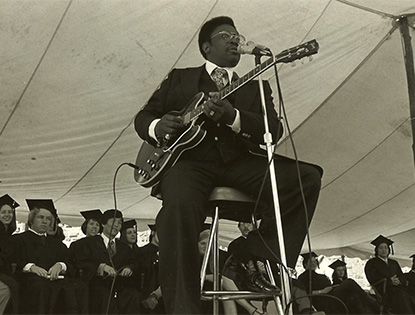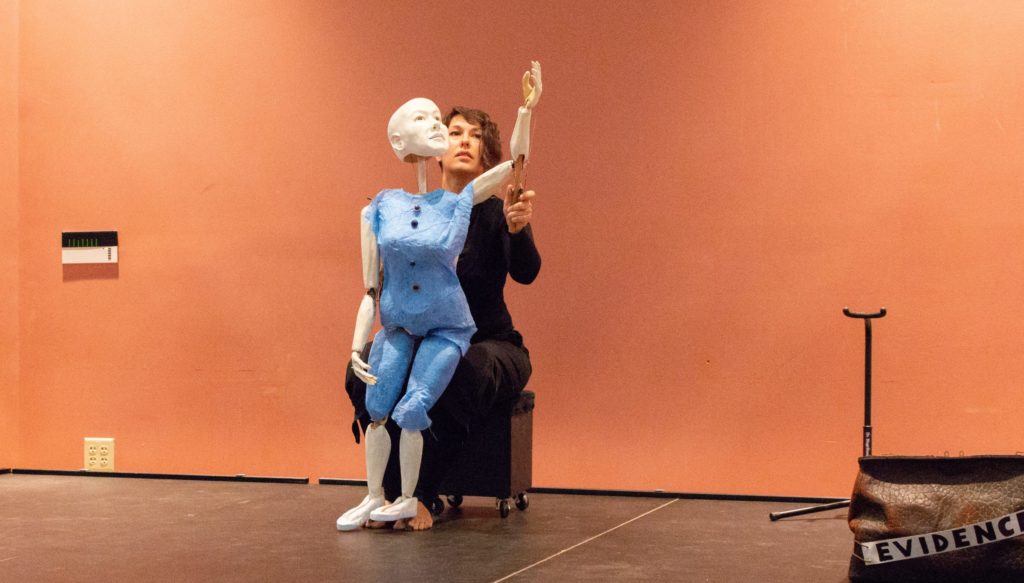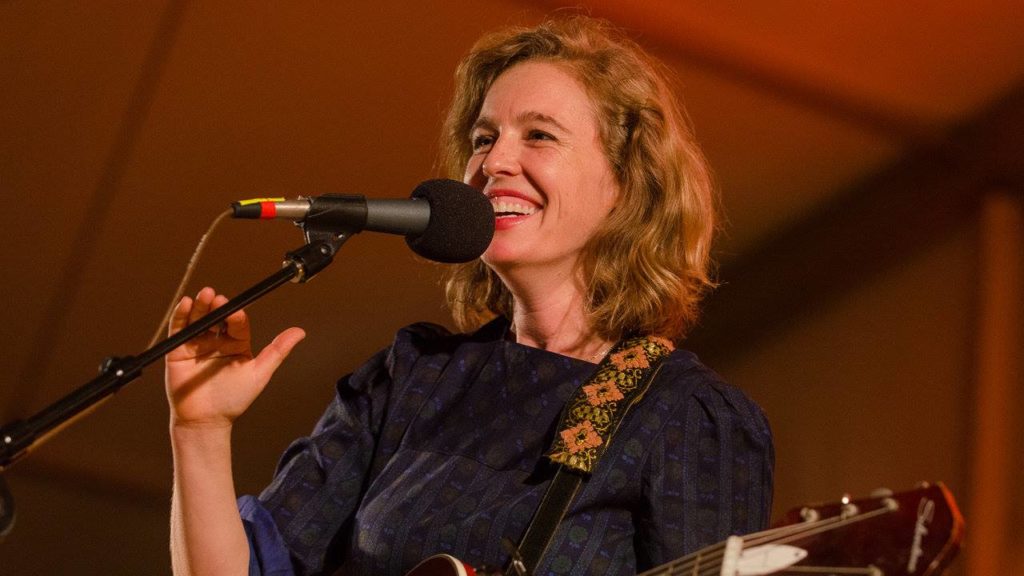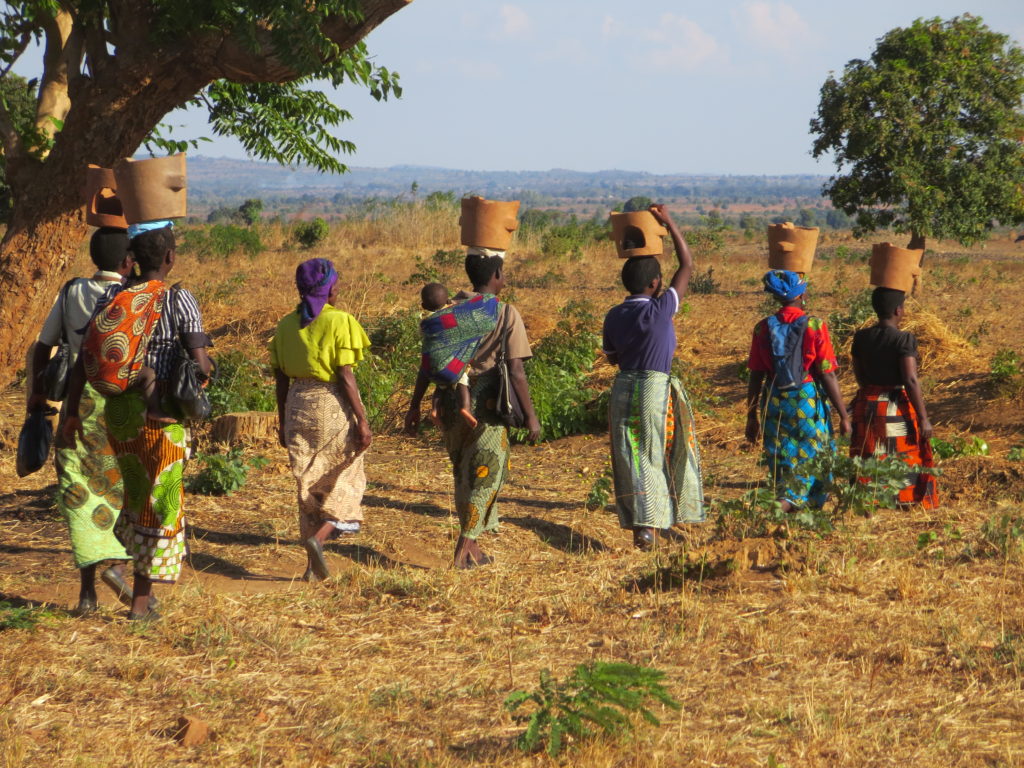Brooke Bauer, a Ph.D. student in history in UNC’s College of Arts and Sciences, will spend part of her summer enrolled in an intensive Cherokee language course offered by the Museum of the Cherokee Indian in Cherokee, N.C.
She will then come back to Carolina in the fall, and serve as a teaching assistant for the Cherokee language courses offered by UNC in partnership with Western Carolina University.
The new Henry Owl Fellowship in the department of American studies is making all of this possible. The fellowship honors the late Henry Owl, an enrolled member of the Eastern Band of Cherokee Indians, who became the first person of color admitted to UNC and the first American Indian graduate. Owl, who received a master’s degree in history in 1929, wrote his thesis on “The Eastern Band of Cherokee Indians Before and After the Removal.”
Bauer, the inaugural recipient of the fellowship, is a member of the Catawba Nation, the tribe to which Owl’s mother belonged.
“I have also been involved in studying the Catawba language,” said Bauer, who counts historians Kathleen DuVal and Theda Perdue among her UNC mentors. “In receiving this award, I will have the opportunity to speak, teach and promote two native languages, a heritage that is quickly being lost within many native communities.”
The recipient of the fellowship will make it possible for more UNC students to graduate with Cherokee language skills, said Joy Kasson, chair of the American studies department.
“Language study enriches the understanding of American Indian culture, and makes UNC’s American Indian studies concentration (both a major and a minor within American studies) one of the most innovative in the nation,” Kasson said.
Bauer focuses her research on 18th century Native American studies, particularly on Sally New River, “an exceptional 18th century Catawba woman who was deeded the remaining Catawba lands in perpetuity in 1796.”
Bauer said she was compelled by her own family history to further her scholarly studies.
“I have been particularly inspired by how education affected the lives of my mother, grandmother and great-grandmother,” she said. “Two of these women attended Indian boarding schools and one was only able to complete her schooling through seventh grade. … Catawba women and their educational histories have motivated my own academic achievements.”
The fellowship was funded with initial support from the College of Arts and Sciences and the Chancellor’s Office. For more information on contributing to the fellowship, contact Margaret Costley, (919) 843-0345, costley@email.unc.edu.




